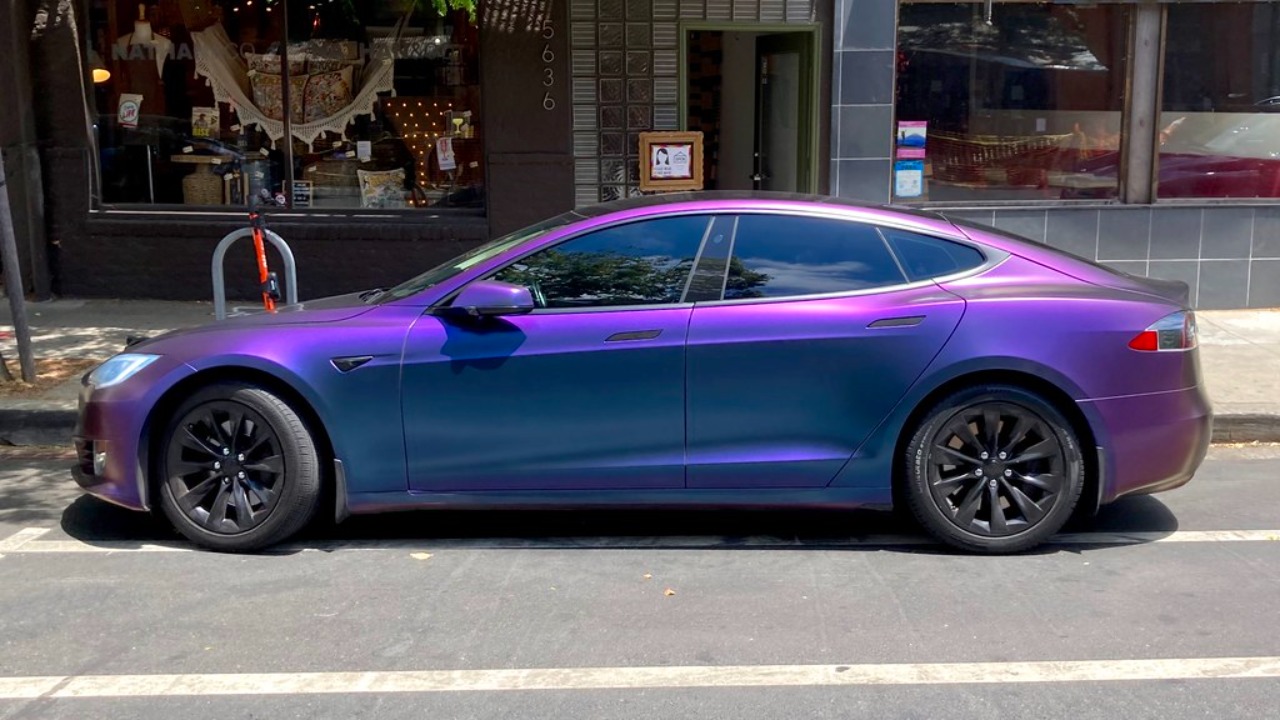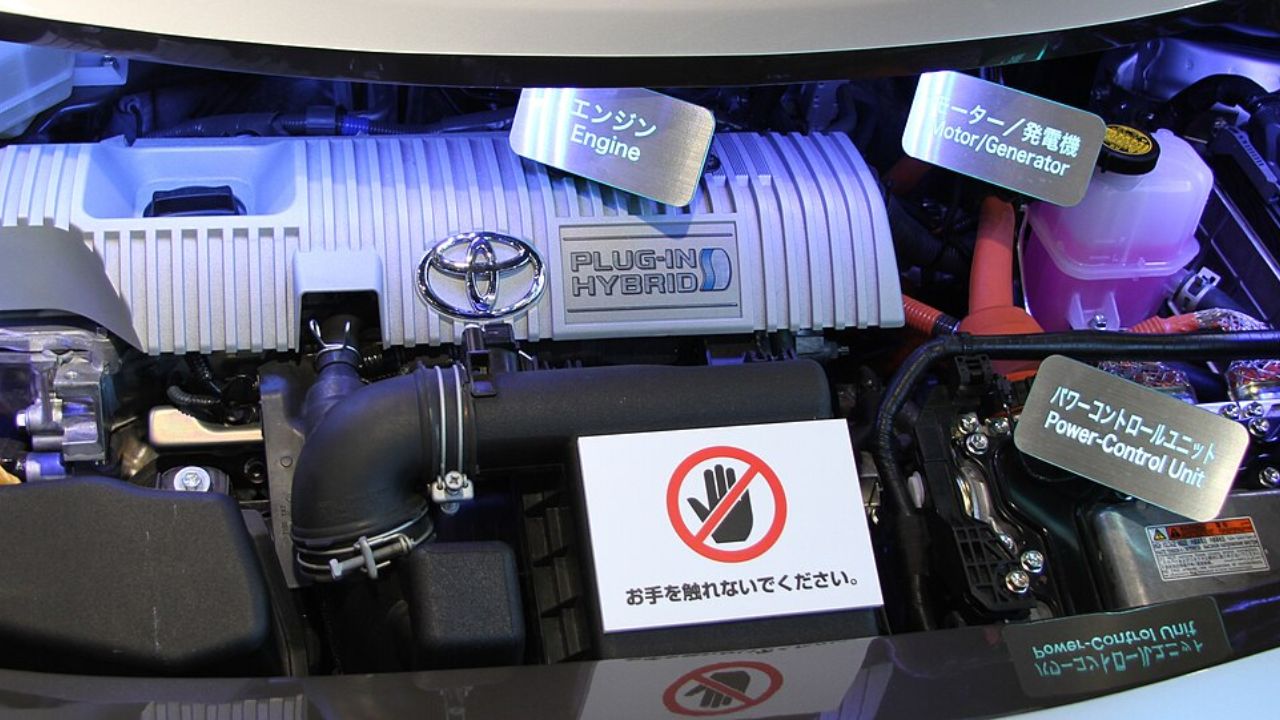In recent years, the integration of AI systems in vehicles has transformed the driving experience, enabling cars to become more adaptive and intelligent. These AI systems are now capable of learning driver habits, leading to enhanced safety, comfort, and efficiency on the road. As cars become smarter, they adjust to individual drivers, making each journey uniquely tailored.
The Role of AI in Modern Vehicles
The automotive industry has seen a significant evolution in AI technology, progressing from basic automation to highly sophisticated intelligent systems. Initially, AI in vehicles was limited to simple functions like cruise control and basic navigation. However, today’s AI systems are far more advanced, incorporating complex algorithms and real-time data processing. This evolution is largely driven by key players in the field, including Tesla, BMW, and Toyota, who are continuously pushing the boundaries of what AI can achieve in vehicles.
Core functionalities of AI systems in modern vehicles include advanced driver assistance features and real-time data analysis. For instance, the 2023 Tesla Model S includes features such as Autopilot, which utilizes AI to provide semi-autonomous driving capabilities. These systems are integrated with other smart vehicle technologies, like GPS and IoT devices, to offer a seamless driving experience. By analyzing data from various sources, AI can make instantaneous decisions, enhancing safety and efficiency on the road.
Learning Driver Habits: How It Works
AI systems learn driver habits through a combination of data collection and processing mechanisms. Sensors and cameras installed in vehicles, such as those in the 2024 BMW iX, gather comprehensive driving data, including speed, brake usage, and steering patterns. This data is then processed using machine learning algorithms to identify patterns and behaviors unique to each driver. By continuously learning and adapting, these systems can anticipate driver needs and adjust vehicle settings accordingly.
Personalization of the driving experience is a key benefit of AI systems. For example, adaptive cruise control systems can adjust the vehicle’s speed based on the driver’s typical driving habits and preferences. Additionally, AI can customize in-vehicle settings such as seat and mirror positions, climate control, and infotainment preferences. The 2025 Mercedes-Benz EQS offers personalized navigation routes, taking into account the driver’s past journeys and preferred routes to optimize travel time and efficiency.

Benefits of AI-Enhanced Driving
AI-enhanced driving offers significant improvements in safety measures. Proactive hazard detection and prevention systems, like those found in the 2026 Audi A8, use AI to scan the road for potential dangers and alert the driver to take corrective action. This technology can significantly reduce human errors and accident rates by providing an additional layer of safety and awareness.
In addition to safety, AI systems enhance comfort and convenience. By integrating seamlessly with daily routines, AI can automate various aspects of the driving experience, reducing stress for the driver. For instance, automated parking systems and traffic jam assist features allow drivers to relax while the vehicle handles complex maneuvers. The 2025 Volvo XC90 offers a suite of automated features that simplify the driving experience and allow drivers to focus on other tasks.
Challenges and Ethical Considerations
Despite the numerous benefits, the integration of AI in vehicles raises several challenges and ethical considerations. One major concern is data privacy and security. As AI systems collect detailed information about driving patterns and personal preferences, safeguarding this data becomes crucial. Manufacturers must implement robust security protocols to protect personal information and maintain transparency in data usage and sharing policies.
Ethical implications of AI decision-making also need to be addressed. Balancing human control with AI autonomy is a delicate issue, as drivers must remain confident in their ability to override AI decisions if necessary. Additionally, potential biases in AI systems can lead to unintended consequences, such as unfair treatment of certain drivers. It’s essential for developers to ensure that AI systems are designed to be unbiased and equitable for all users.
The Future of AI in Automotive Technology
The future of AI in automotive technology looks promising, with emerging trends and innovations poised to transform the industry. Autonomous vehicles are on the horizon, with companies like Waymo and Tesla leading the charge in self-driving technology. These advancements will likely lead to a shift in driving culture and vehicle ownership models, as more consumers consider the benefits of autonomous transportation.
The integration of AI with smart city infrastructure is another exciting development. Vehicles equipped with AI can communicate with traffic systems and other vehicles to optimize traffic flow and reduce congestion. This connectivity could lead to significant improvements in urban mobility and transportation efficiency, ultimately benefiting society as a whole.
As AI technology continues to evolve, its impact on the automotive industry and society will be profound. Long-term implications for transportation and mobility policies will need to be considered, as governments and industry leaders work together to ensure a safe, efficient, and equitable future for all road users. The journey towards fully autonomous vehicles and smart transportation systems is well underway, and AI will undoubtedly play a pivotal role in shaping the future of mobility.
Like Fast Lane Only’s content? Be sure to follow us.
Here’s more from us:
*Created with AI assistance and editor review.







Leave a Reply